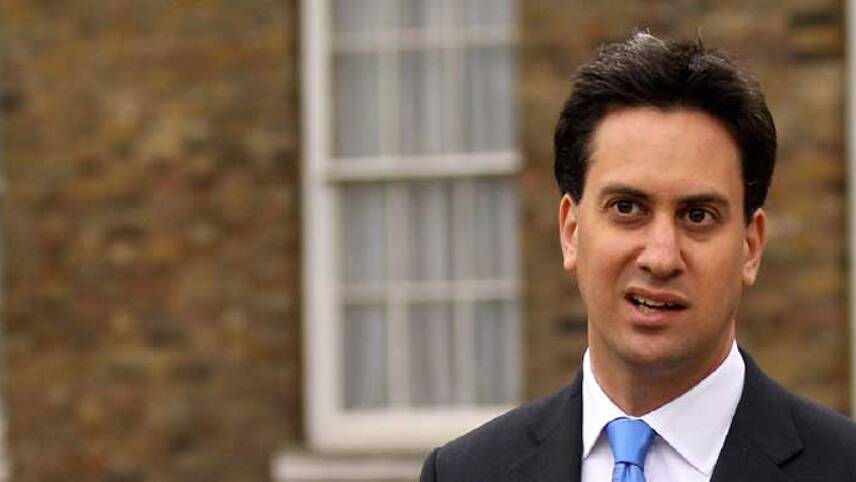Member only content free until 26/05/2024
To continue reading this article and enjoying free access to all Utility Week’s content up to the 26/05/2024 Register today!
Ready to become a member?

Analyst Nigel Hawkins on the market implications of Ed Miliband's proposed price freeze
In his widely-reported Conference speech, Ed Miliband certainly gambled. He pledged that, in the event of a Labour victory in 2015, he would freeze energy prices for 20 months.
Subsequent opinion polls reflected strong support for such a policy whilst utility executives seethed.
Within 24 hours of his speech, shares in Centrica and SSE had plunged – shedding a combined £2 billion of value: nervous investors fear lower operating margins, lower profits and lower dividends.
With dividend cover of 1.6x and 1.4x respectively, the thinking behind these mark-downs is self-evident.
Furthermore, SSE confirmed its own freeze – on off-shore wind investment until the General Election in 2015.
As for the Coalition, it has been caught seriously wrong-footed. Given the apparent popularity of the Miliband freeze, it feels it must respond to deep-seated concerns about the cost of living. But how?
To be sure, the Chancellor has already pledged that fuel duty rates will be held until 2015; some of the highest railway ticket increases have also been capped.
How to curb energy bills remains the real challenge – the average combined energy bill is now well over £1,200 per year. And, controversially, British Gas has just announced a 9.2% duel-fuel price rise.
The Coalition’s initial response was tame, namely to improve the operation of the so-called competitive market, almost all of which is controlled by the ‘big six’ vertically integrated companies.
Without a sizeable customer base, very few organizations outside the ‘big six’ can secure finance on acceptable terms to build base-load plants.
Hence, the log-jam is set to continue, with the Coalition hoping that much of the £110 billion decade-long investment programme will be funded by the ‘big six’.
With green subsidies and environmental taxes now accounting for well over £100 of the average annual bill, the financing burden could be more evenly shared with the general taxpayer – a scenario that would arise if the 5% VAT rate on energy bills were scrapped.
Liberal opposition to any major changes to its cherished green policies certainly constrains the Coalition’s room for manoeuvre.
Nevertheless, the £1.3 billion Energy Companies Obligation (Eco), which provides insulation for low-income households, will certainly be scrutinized along with the underwriting of the carbon price.
Re-introducing retail price controls is another option – virtually all such price controls were abolished over a decade ago. Whilst this would run counter to the current market-driven philosophy, it would certainly curb price increases.
Although the Miliband pledge does not cover the water sector, the Coalition will be keen to minimize any increases.
Of course, it could simply cap prices as part of the next Periodic Review. It could also seek to cut back investment programmes, with some more marginal schemes being either scrapped or deferred.
More controversially, the Coalition could require – or even order – Ofwat to assume a lower Weighted Average Cost of Capital (WACC), say of below 4%, for the forthcoming Periodic Review: the legality of such a move is questionable.
Whether the Coalition will actually pursue any of these measures to shoot the Miliband fox remains doubtful.
Nigel Hawkins ([email protected]) is a Director of Nigel Hawkins Associates which undertakes policy and investment research.




Please login or Register to leave a comment.